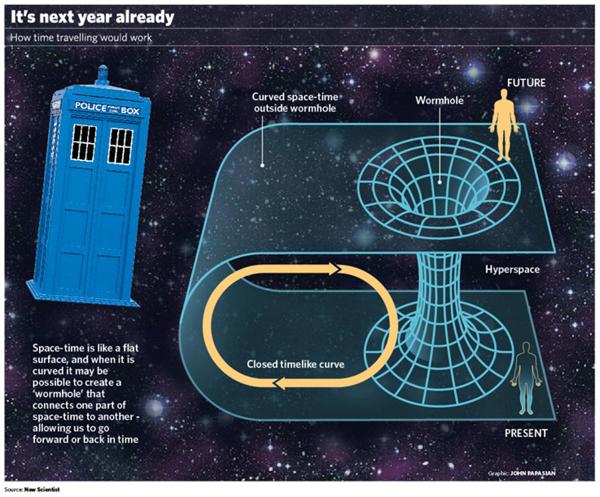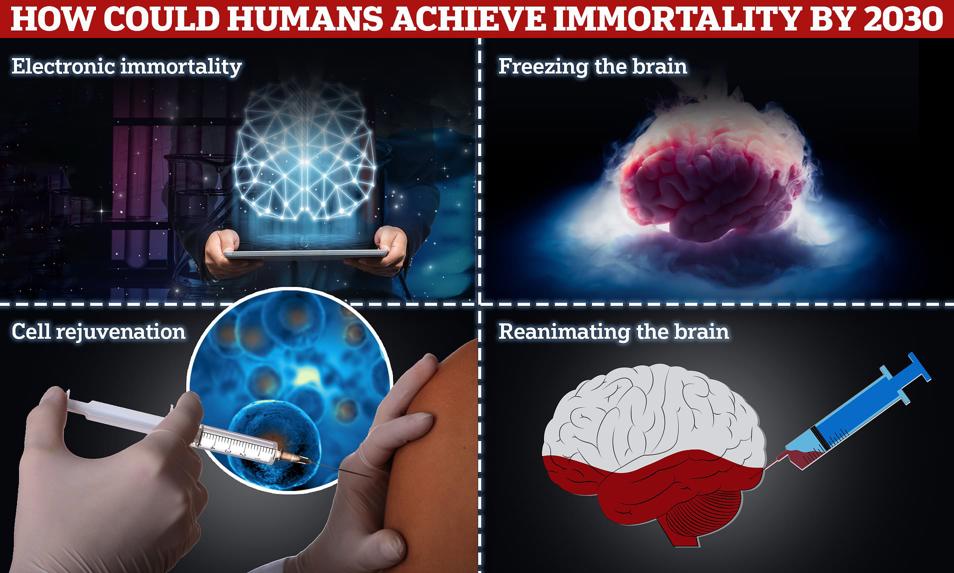Is Human Cloning Possible?
Exploring the Complexities of Human Cloning

Frequently Asked Questions
The main technique used for cloning is called somatic cell nuclear transfer (SCNT), which involves transferring the nucleus of a somatic cell into an egg cell to create an embryo.
Human cloning is currently not possible due to technical challenges, ethical concerns, legal restrictions, and public opposition, which prevent its implementation despite advancements in cloning technologies.
Step by Step Guide
1
Understanding Cloning
Cloning is the process of creating copies of organisms or cells. It can be done artificially or naturally. In artificial cloning, there are two main types: reproductive cloning, which aims to create a new organism, and therapeutic cloning, which is intended for medical therapies.
2
Historical Background
Cloning has been a topic of fascination since ancient times, but the modern era of cloning began with the successful cloning of Dolly the sheep in 1996. Dolly was the first mammal cloned from an adult somatic cell, using a method called somatic cell nuclear transfer (SCNT).
3
Somatic Cell Nuclear Transfer (SCNT)
SCNT is the primary technique used in cloning. It involves removing the nucleus from an egg cell and replacing it with the nucleus from a somatic cell. This egg is then stimulated to develop into an embryo, which can eventually be implanted into a surrogate mother.
4
Ethical Considerations
Human cloning raises significant ethical questions regarding identity, individuality, and the potential for exploitation. Ethical frameworks must be considered, including consent, the moral status of the clone, and implications for family and society.
5
Current Scientific Status
As of now, no human has been successfully cloned. Research is ongoing in the field of cloning and regenerative medicine, but there are many technical difficulties and ethical obstacles that preclude human cloning at this time.
6
Potential Medical Applications
While human cloning is not currently feasible, therapeutic cloning and stem cell research have potential medical applications, such as generating tissues for transplantation, studying diseases, and developing new treatments.
7
Legal Status
Many countries have laws prohibiting human cloning due to ethical concerns. These laws may vary widely, and ongoing debates about human rights and bioethics continue to shape the legal landscape concerning cloning.
8
Public Perception
Public opinion on human cloning is largely skeptical. Many people fear the implications of cloning for society, ethics, and personal identity. Educational initiatives are critical in helping the public understand the science, risks, and benefits of cloning.
9
Future of Cloning
While human cloning remains a controversial topic, advancements in genetics and biotechnology may open new doors in the future. It is essential to continue discussions about the ethical implications of these advancements.
10
Conclusion
Human cloning poses complex scientific, ethical, and societal questions. While it is not currently possible, the discourse surrounding cloning continues to evolve, and understanding its implications is key to navigating future advancements in biotechnology.








